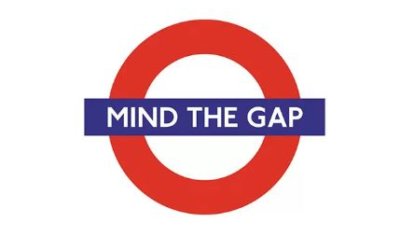I recall a conversation with a retired Kodak exec some twenty odd years ago. His former company had decided to shed off all non-core assets and focus on “imaging” or, more specifically, the production of film. His thought on digital photography was that it would be a slow adoption process for the consumer – maybe fifteen years. “The professional will never leave film, however.” There was still competition in the film arena and Kodak was in court constantly complaining about its archrival, Fuji and their less than ideal trade practices. Even so, that was to be their future and film had wonderful margins.
Today, those disagreements look like two cows arguing over who goes first … in the line for the slaughter house. Kodak spent a quarter of a billion to un-diversify. http://articles.latimes.com/1995-02-01/business/fi-26882_1_eastman-kodak And what of the adoption of digital? We all know how that turned out.
A transformation of similar magnitude is underway in higher education as well. Pioneers in the adult learning market two decades ago have seen a wholesale move from face to face night school type classes to online. Traditional education for the eighteen to twenty-two year old is witnessing a slower but similar trend. I’ll share three factors that seem to be driving that movement.
First is the technology of learning. Young people are not afraid to study online; in fact a growing number prefer it. In Ohio, this means that some will have never entered a traditional classroom for K-12. Can these students be expected to appreciate the value of a higher education experience that is solely face to face?
Second is corporate support. FCA (formerly known as Chrysler Motors) has a new program that allows employees and their dependents to attend Strayer University free of charge. They even extended the program to their independent dealer network. http://www.prnewswire.com/news-releases/fca-us-launches-nationwide-no-cost-college-education-for-dealership-employees–families-300182668.html Think about what it means for employee retention to eliminate the need to save for a child’s education.
The third reason is represented by the needs of the workplace. Employees with a much broader set of skills are desired in a world where the pace of change continues to accelerate. http://www.fastcompany.com/3046299/the-new-rules-of-work/this-is-the-future-of-college . Google has seen this and offers courses for free to meet the demand of today’s employer. Some are in areas that would be considered foreign to most traditional institutions. (Deep Learning?) http://www.fastcompany.com/3055814/fast-feed/google-is-offering-a-free-online-class-about-deep-learning
So, how do we respond? Do we follow Kodak’s lead and return to our core?
I have some ideas but would enjoy hearing yours.



